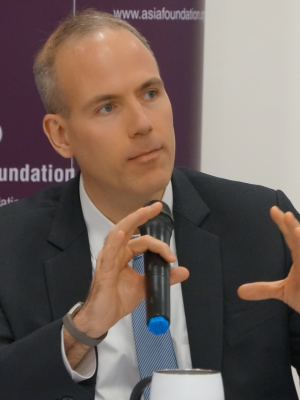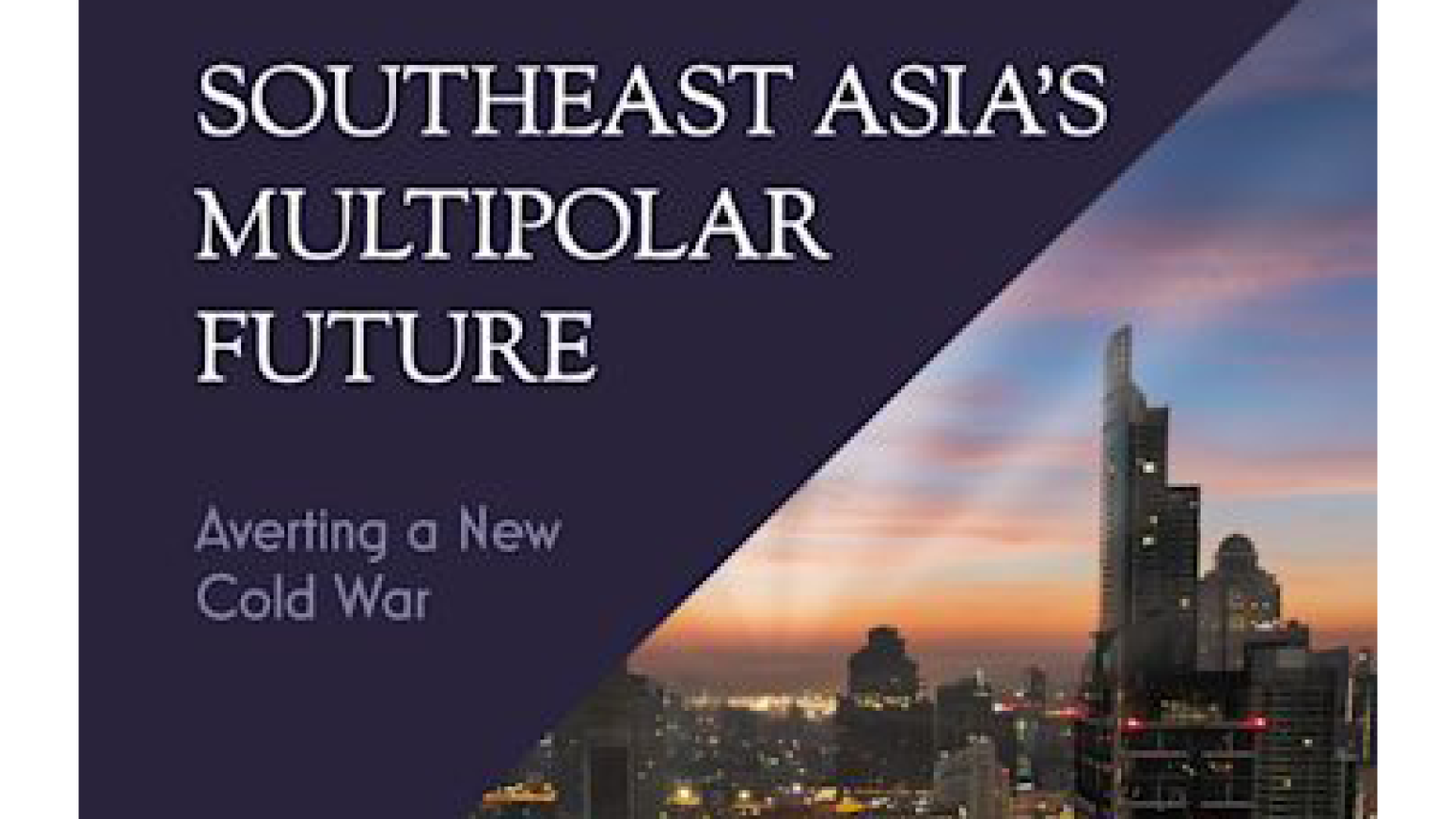Southeast Asia is rapidly becoming a competitive space for geopolitical rivalries. The growth in China-U.S. strategic competition is creating deep anxiety among Southeast Asia leaders, China's rising power is felt across every corner of Southeast Asia, and many leaders are worried about the long-term implications of rising Chinese influence in the region. The United States' increasingly assertive approach towards China is welcomed by some governments, but the growth in tensions is creating deep anxiety about a possible new Cold War. How can the region prevent a repeat of the divisions and bitter rivalries of the previous Cold War?
The book argues that Southeast Asia is emerging as an open, autonomous region, where small and middle powers can maintain their sovereignty and shape the regional order. Despite new superpower pressures, the region is moving towards a multi-polar order, with greater agency for Southeast Asian countries. The key to Southeast Asia's future may be other external powers – particularly Japan, Australia, India, and Europe – who can provide ASEAN governments with more diverse partnerships, enabling them to avoid the bipolar blocs of superpower rivalries.
The book argues that external partners are helping to shape the geopolitical order by supporting ASEAN leadership and diluting the influence of great powers. Southeast Asian countries also have remarkable capacity to manage asymmetrical relations and balance external powers. The book describes the region's history of managing great power relations, drawing on historical and contemporary cases. By examining the dynamics between Southeast Asia and external powers, the book predicts that the region's future will look entirely different from its Cold War past.
SPEAKERS
Author: Thomas Parks
Based in Thailand since 2008, Mr. Parks has worked in Asia for more than two decades on geopolitics, economic development, conflict & fragility, and regional cooperation. He originally joined the Asia Foundation in 2001 and has served in various headquarters and field-based roles. He currently manages the Foundation’s programs in Thailand, as well as overseeing programs with ASEAN and Mekong subregion cooperation.
In 2022, Mr. Parks was a Distinguished Visitor at the Australian National University, and a Visiting Scholar at Waseda University in Tokyo. He is the author of the book Southeast Asia’s Multipolar Future: Averting a New Cold War, published in July 2023 by Bloomsbury Press. Parks spent four years with Australia’s Department of Foreign Affairs and Trade (DFAT) where he served as Senior Governance and Fragility Specialist from 2013 to 2017. He has a master’s degree in International Affairs from Johns Hopkins SAIS, and a bachelor’s degree from Harvard University.
Moderator: Dr. Mathew Davies
Mathew Davies is Associate Professor in the Department of International Relations, ANU Coral Bell School of Asia Pacific Affairs. His research examines the intersection of regional order building, human rights and governance in Southeast Asia, paying particular regard to the Association of Southeast Asian Nations (ASEAN).
To study this issue, he examines the region through the lens of socialisation, investigating how ASEAN is both a driver of, and arena for, those efforts to diffuse standards. He is interested in the stories of rights socialisation efforts that have emerged, the success and failure of those efforts and how we can use those stories to better understand what ASEAN is.
This is an in-person only event, registration is essential. The lecture is from 5.30-6.30pm followed by drinks & canapes.
Event Speakers

Thomas Parks

